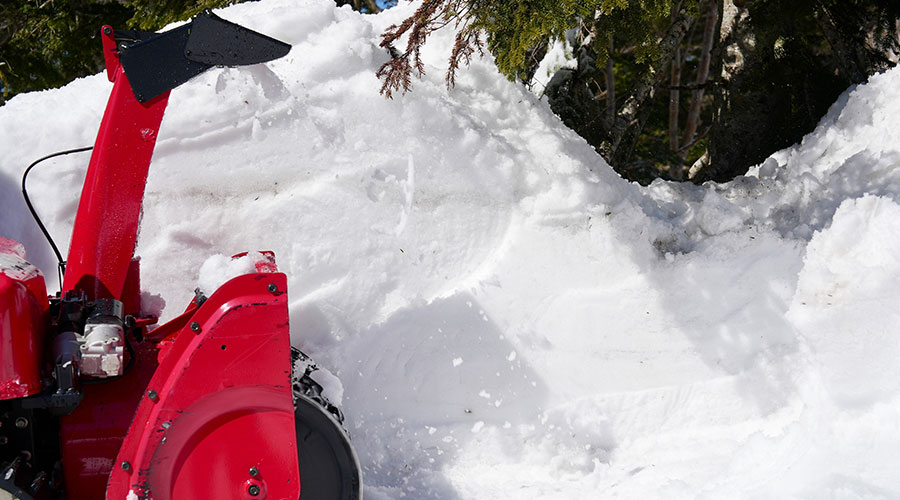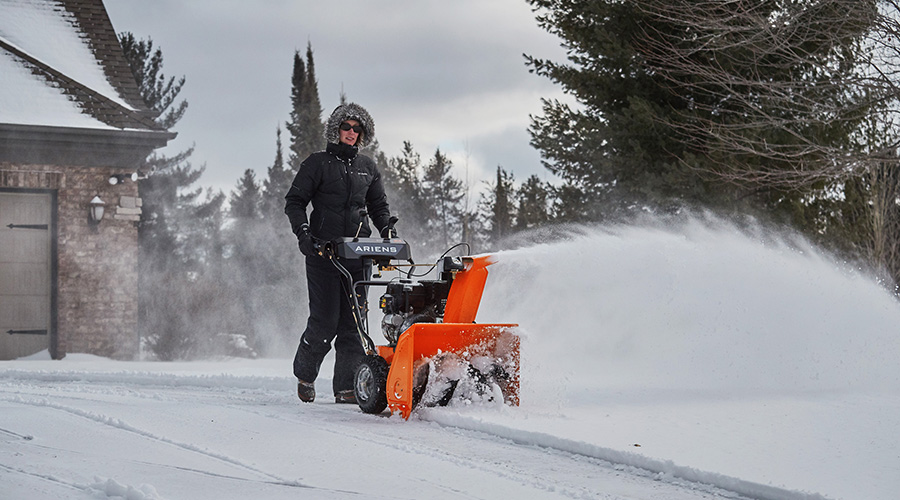Managers Discuss Performance of Alternative Fuels
As emphasis on sustainability grows, more managers are exploring alternative fuels, such as bio-diesel and propane, that produce fewer emissions than gasoline when they burn during mower operation.
Propane-powered mowers are becoming a viable option for more departments as organizations encourage green operations and federal and state agencies mandate more sustainable practices. Burns' department bought a propane mower — a 72-inch riding unit — about two years ago, and the experience has been positive.
"As we go out to buy more, it looks to me like we'll consider more" propane mowers, he says. "We've been real happy with its performance."
Re-fueling — a primary challenge in specifying propane — is not a problem for Burns because a propane station is nearby, he says. Also, because propane produces fewer emissions than gasoline, the department can mow when ozone-action days — which sometimes can last a week — force gasoline-powered models to sit idle.
"They will shut down gas mowers, but with propane mowers, we can keep going," Burns says.
Reyna also is pleased with his propane mower. Before buying the propane-specific model, the department had been looking at gasoline-powered units modified to burn propane. Reyna was not satisfied with the performance of those mowers.
"The propane mower has performed better than expected," Reyna says. "At the time we purchased it, we didn't know much about propane mowers."
Dobbs says his department is open to exploring propane-powered mowers.
"We're open to anything that can help us deal with fuel economy because that's one of our bigger expenses," he says.
The switch to propane has created some challenges. Burns says several of his peers have asked him whether the propane-powered mower delivers as much horsepower as traditional mowers. While he has not heard that type of feedback from his operators, Burns says occasionally, the mowers do need to go a bit slower when mowing heavy grass.
Another potential downside of switching to propane-powered mowers relates to replacement parts and equipment. Because the units are relatively new, some manufacturers are still developing distribution networks to provide a steady supply of replacement parts to customers.
"At first, we didn't have a distributor, so we didn't have an easy way to get parts," Reyna says. While a distributor has since opened in the general area, mechanics still have to wait as long as two weeks for parts.
Reyna says mechanics compensate by ordering twice as many replacement items as they need immediately, which solves the availability problem but also drives up inventory and related costs.
Mowers using bio-diesel also are gaining in popularity, but, as with propane, challenges exist.
One problem Dobbs ran into involved B10 bio-diesel fuel, which the department used initially. The fuel became "waxy" in cold temperatures, Dobbs says. The remedy involved switching to a B5 alternative.
Related Topics:














